Have you ever looked into your cat’s eyes and seen a sadness you couldn’t explain? Imagine their world suddenly shifting, their favorite companion gone, and your once playful friend now curled up in a quiet corner. The pain of loss isn’t just a human experience—cats feel the sting of grief too. If your cat is mourning a lost furry sibling or a beloved human, they need your help more than ever. The journey through feline grief is filled with small but powerful acts of love and understanding. Here’s how you can become their anchor in a sea of confusion and sorrow.
Recognizing the Signs of Grief in Cats

Cats may not cry tears, but their grief is real and visible if you know where to look. Watch for changes in appetite; a cat that suddenly stops eating or only picks at their food may be mourning. Lethargy is another big sign—your energetic buddy might spend more time sleeping or hiding. Some cats vocalize more, letting out mournful meows, while others become silent. Grooming habits can shift, too; overgrooming or neglecting to groom may indicate distress. It’s easy to mistake these changes for illness, so pay close attention. Grief can be subtle, but when you look closely, the signs are there, whispering for your help.
Understanding Cat Emotions
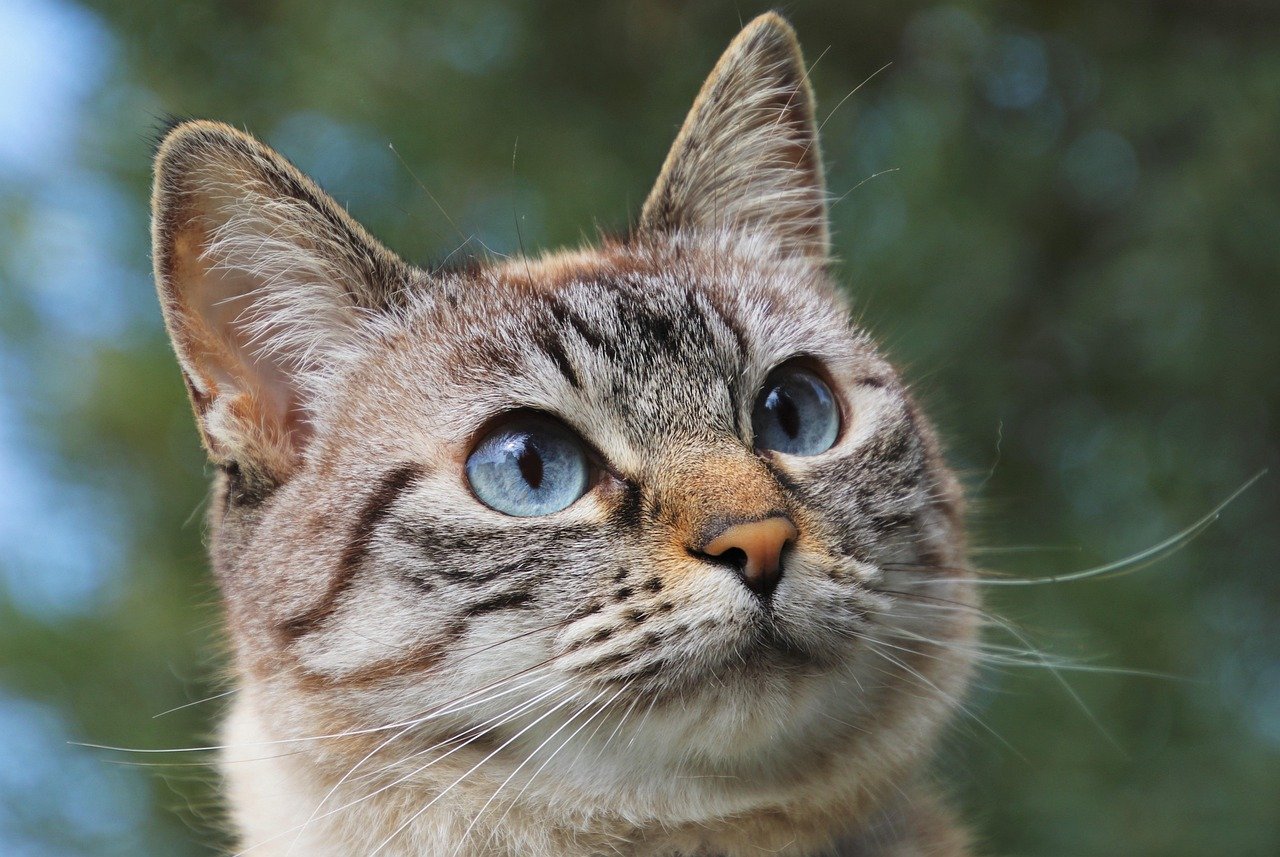
Cats are often seen as mysterious and aloof, but their emotional lives are surprisingly rich. When a companion disappears, they feel confusion, loneliness, and even anxiety. Cats form deep attachments not just to humans but to other pets in the household. Their routines are like a cozy blanket; when that blanket is ripped away, they feel lost. Don’t underestimate their ability to grieve. Imagine losing your best friend overnight—your cat feels a similar ache. Recognizing this emotional depth is the first step to helping them heal.
Keeping a Routine
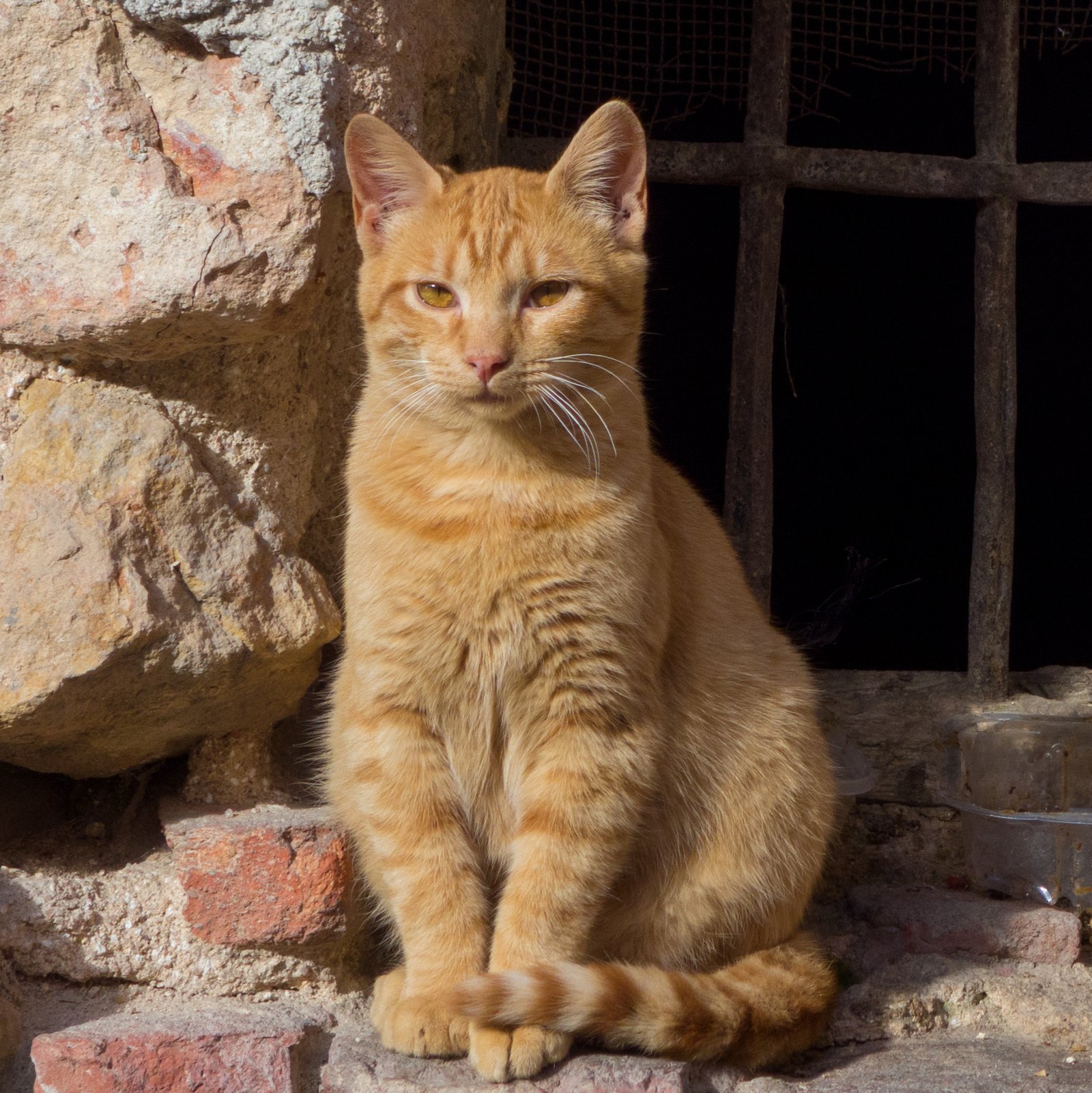
Routine is a lifeline for cats during times of upheaval. They find comfort in predictability, so try to keep feeding, play, and cuddle times consistent. Even if you’re hurting too, stick to the familiar rhythms of daily life. A regular schedule can soothe their nerves and help them regain a sense of control. It’s like giving them a map in a world that suddenly feels foreign. Small, steady rituals—morning treats, evening snuggles—reassure your cat that not everything has changed.
Offering Extra Comfort and Affection
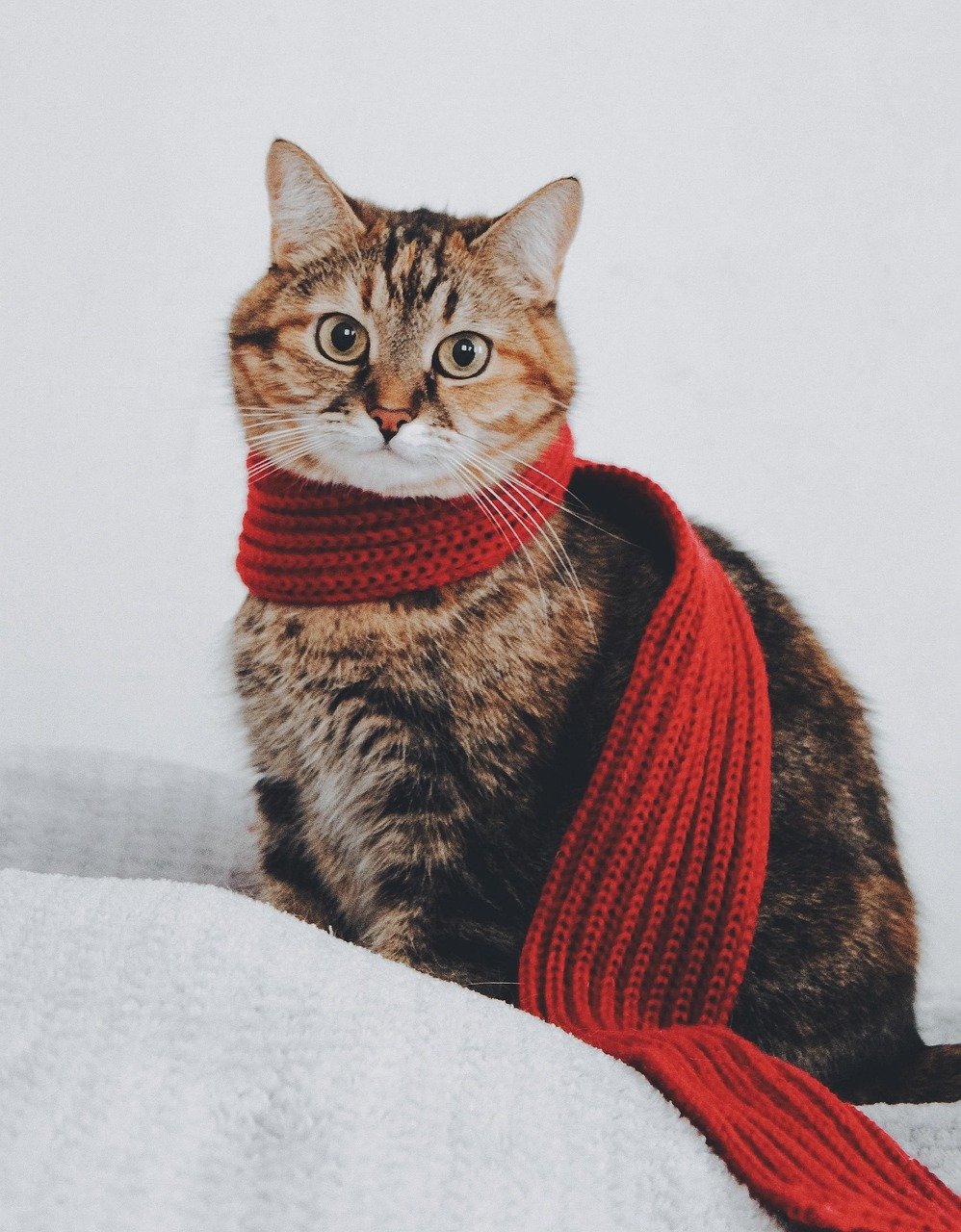
When your cat is grieving, your presence means the world. Spend more time sitting quietly near them, offering gentle pets or just letting them be close. Some cats might not want to be held, but they’ll appreciate your warmth nearby. Talk softly, using the soothing voice they know so well. Even if they seem distant, your patience and affection are like a life raft. Imagine being wrapped in a soft blanket on a stormy night—that’s the feeling your love can bring.
Providing a Safe and Quiet Space
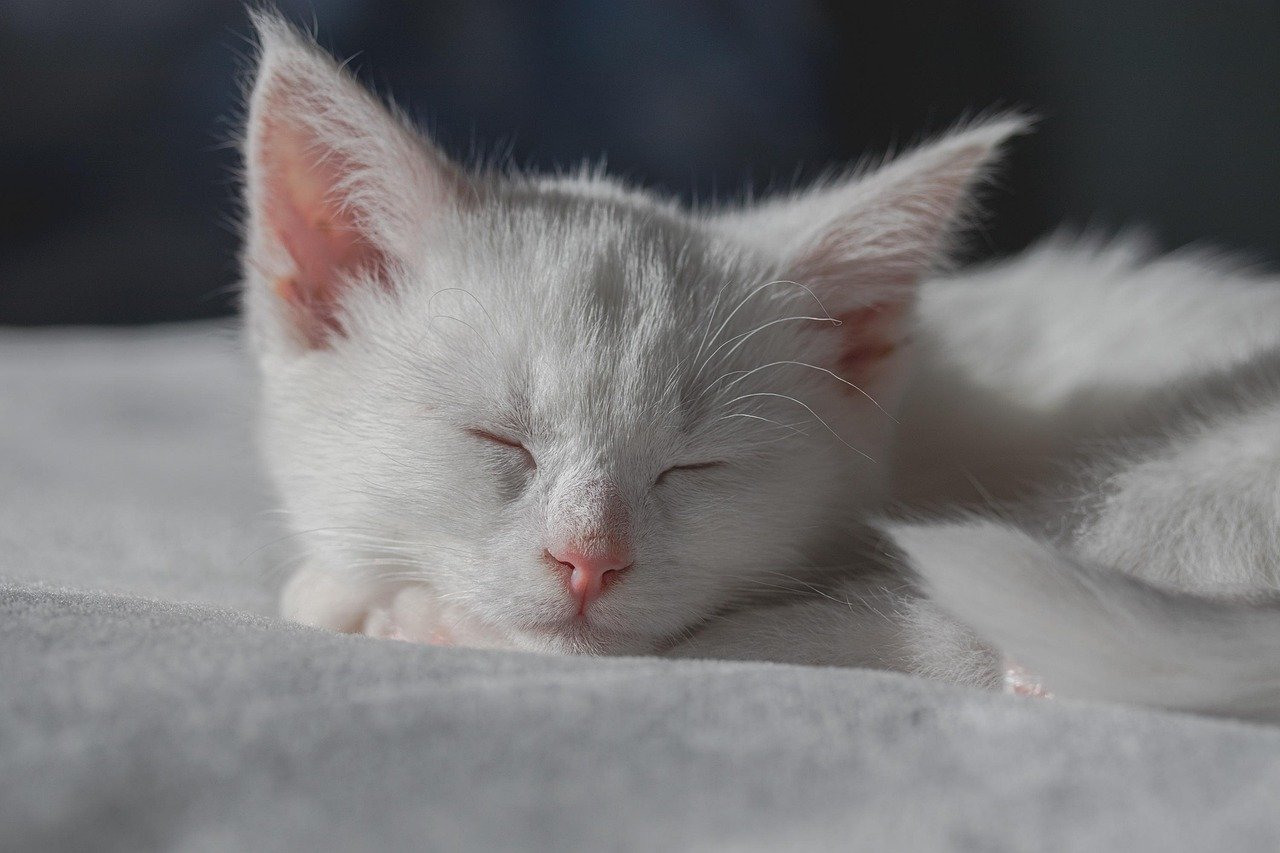
A grieving cat may seek solitude, needing a quiet corner to process their loss. Create a cozy retreat with their favorite blanket, bed, or soft toys. Make sure it’s away from loud noises or bustling activity. Respect their need for alone time but check in gently now and then. Think of it as building them a little sanctuary, a safe harbor where they can grieve at their own pace. This space isn’t about isolation—it’s about security.
Encouraging Gentle Play
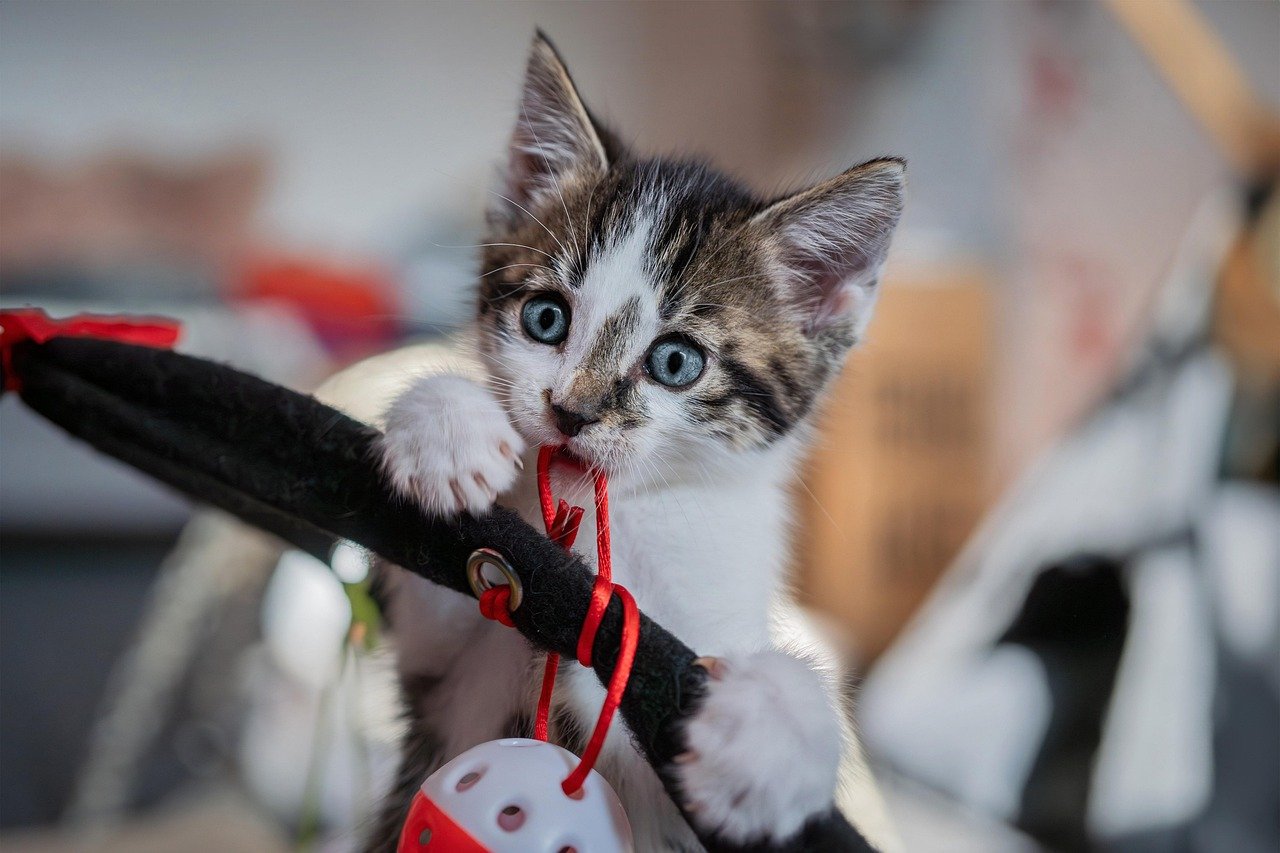
Play can be a powerful healer, even when your cat seems uninterested at first. Try coaxing them with a favorite toy or a gentle game of chase. Don’t push too hard—let them set the pace. Sometimes, the smallest spark of curiosity is the first step back to joy. Play helps release pent-up emotions and provides mental stimulation. It’s not about forcing happiness; it’s about reminding them that fun is still possible, even after loss.
Monitoring Eating and Drinking Habits

Grief can take away your cat’s appetite, leading to dangerous weight loss or dehydration. Keep a close eye on their food and water intake. Offer tempting treats, warm up their meals, or try different flavors to entice them. If you notice they’re barely eating or drinking for more than a day or two, it’s time to act. Sometimes, a little hand-feeding or a new food dish can make a difference. Don’t ignore these changes—your cat’s health depends on it.
Introducing New Activities Slowly

As your cat begins to heal, gently introduce new activities to stimulate their curiosity. This could mean a new puzzle feeder, a different window perch, or a novel scent to explore. Go slowly; too much change too soon can overwhelm them. Watch how they respond and adjust accordingly. Each small adventure is a step away from grief and toward a brighter, more engaged life. Remember, patience is your best ally in this journey.
Using Calming Products

There are many cat-safe products designed to help soothe anxiety and stress. Feline pheromone diffusers can create a calming environment, mimicking the comforting signals cats send to each other. Calming treats or sprays may help some cats relax. Before you try anything new, talk to your vet about what’s safe and effective. These tools aren’t a cure-all, but they can soften the sharp edges of grief and help your cat feel more at ease.
Talking to Your Cat
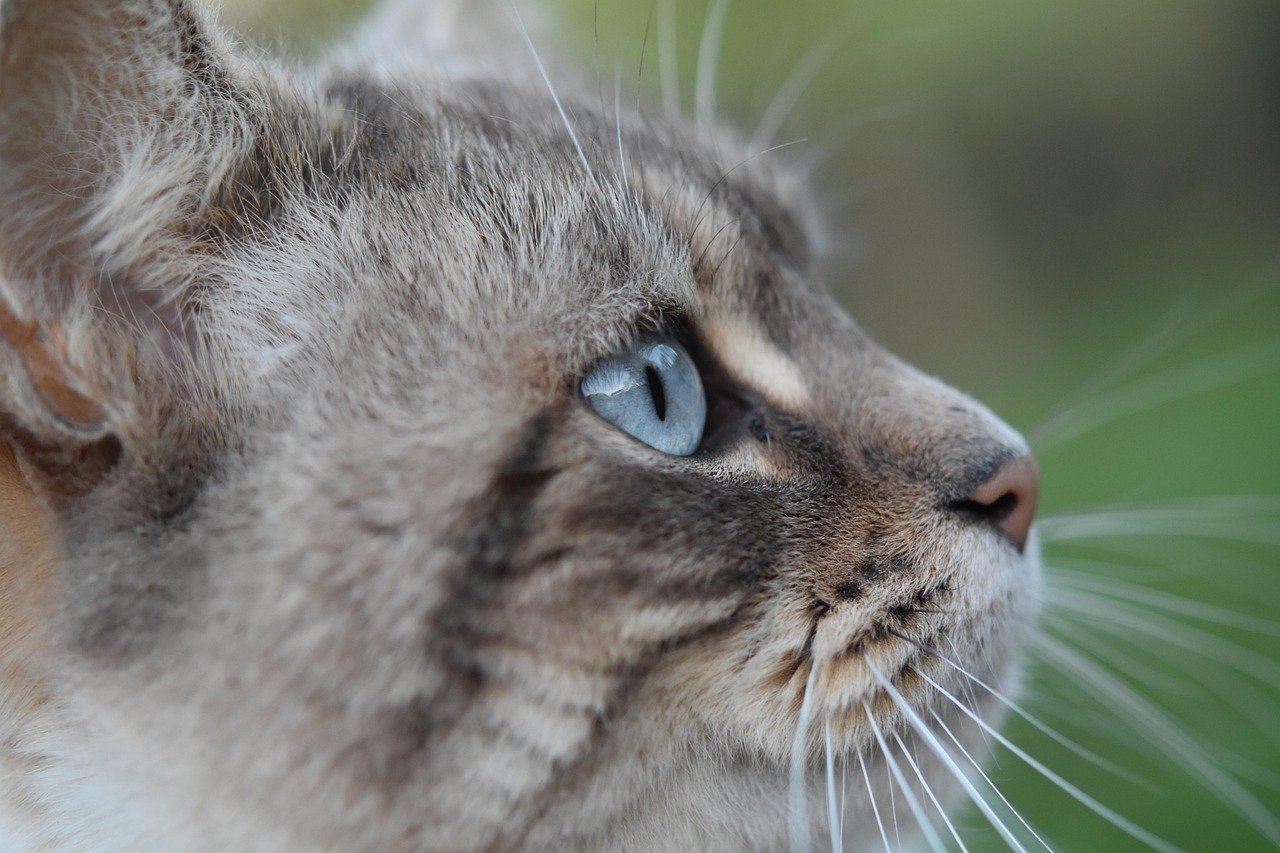
It might sound odd, but talking to your cat can be surprisingly comforting—for both of you. Use a gentle, reassuring tone as you explain what’s happened, even if they don’t understand every word. The sound of your voice, familiar and loving, can ease their anxiety. Share your feelings, too; grief is less lonely when faced together. Sometimes, all a cat needs is to hear that you’re still there, offering comfort through every syllable.
Respecting Their Unique Grieving Process
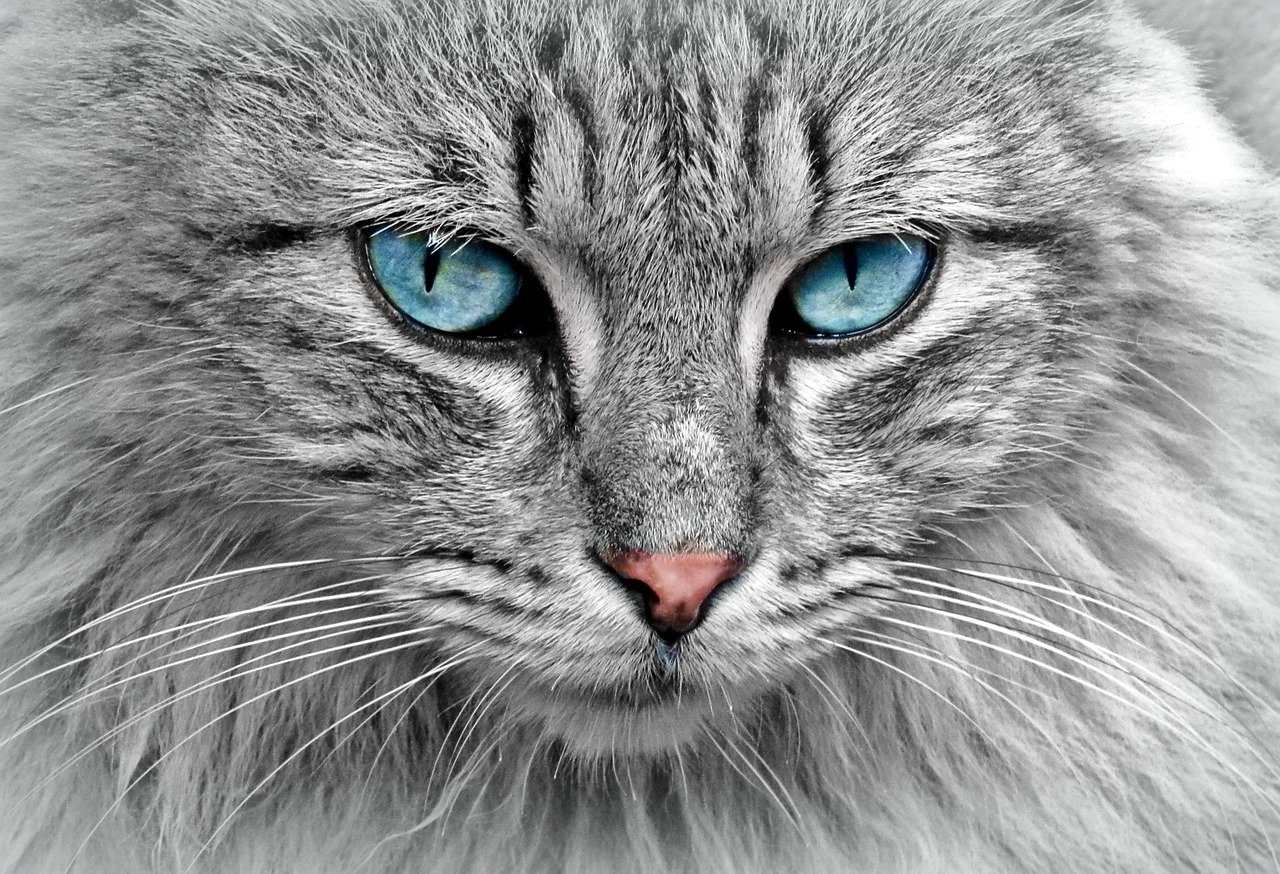
Every cat grieves differently—some bounce back quickly, while others take weeks or even months. There’s no right or wrong way for your cat to mourn. Avoid forcing them to “move on” or comparing them to other pets. Respect their individual journey, offering support without pressure. Think of grief like a winding path through a dark forest; your job is to walk beside them, not rush them to the exit. Patience and understanding are your greatest gifts.
Involving the Whole Family

Grief affects everyone in the household, not just your cat. Encourage all family members to participate in comforting routines and gentle play. Children might need guidance on how to interact with a grieving pet, learning to be extra gentle and patient. Sharing stories about the lost companion can be healing for everyone. The more love and support your cat receives from those around them, the stronger they’ll feel. Healing is a group effort, and every kind word helps.
Watching for Signs of Depression

While sadness is normal, prolonged depression can be dangerous for cats. If your cat shows ongoing signs of withdrawal, refuses to eat, or seems unable to enjoy anything, it’s time to worry. Depression in cats can lead to serious health problems, including liver disease. Don’t wait too long to seek help. The earlier you recognize these signs, the sooner you can intervene and get your cat the support they need.
Consulting a Veterinarian

If your cat’s grief seems severe or doesn’t improve, consult your veterinarian. Sometimes, what looks like grief may be an underlying medical issue. Your vet can check for illness, suggest dietary changes, or even recommend medications if needed. Don’t be afraid to ask questions—your vet has seen it all before and can offer practical advice. A professional opinion can bring peace of mind and help you make the best decisions for your grieving pet.
Considering Companion Animals Carefully
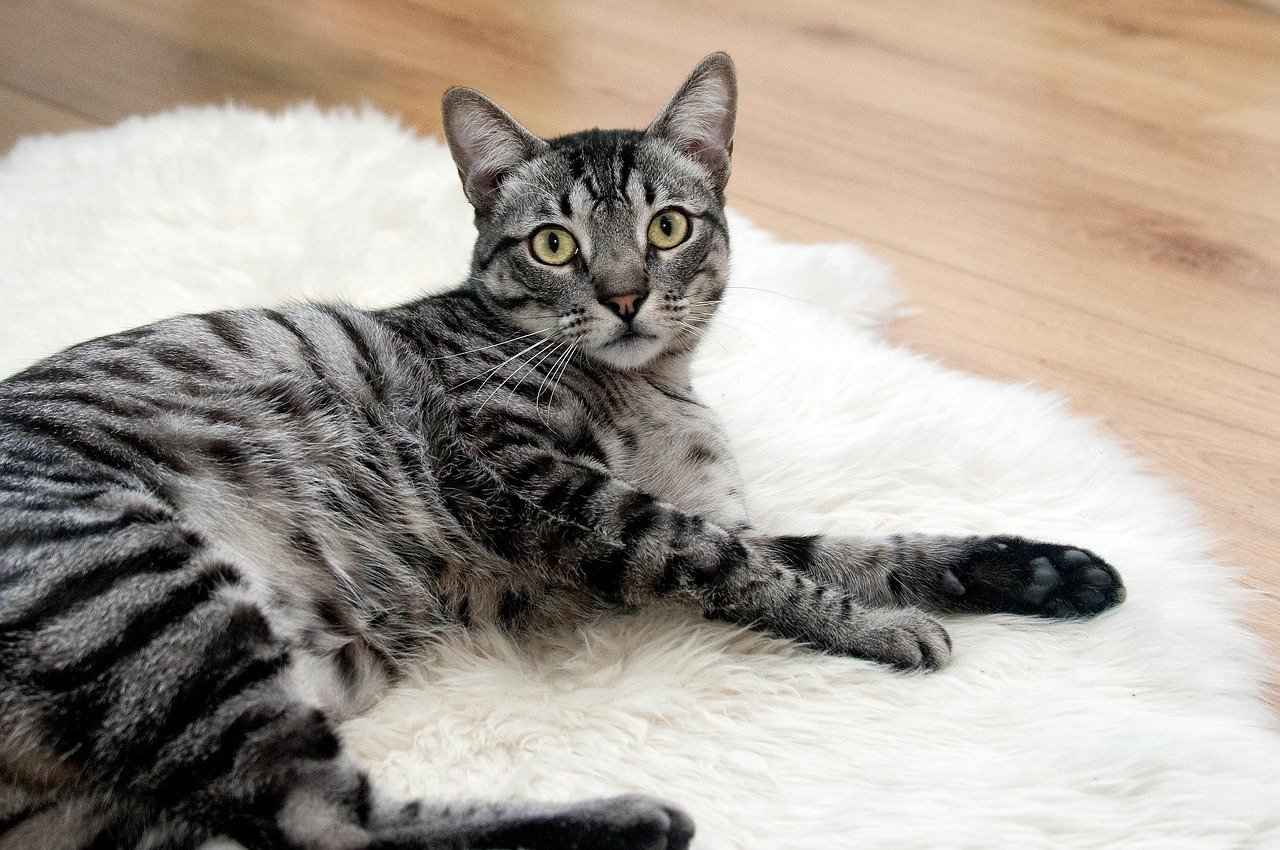
It’s tempting to rush out and get a new pet to fill the void, but this isn’t always the answer. Cats need time to process their loss before welcoming a new friend. Introducing another animal too soon can cause stress or resentment. Watch your cat’s behavior—when they seem curious again and less withdrawn, you can begin to think about a new companion. Take introductions slowly, always prioritizing your cat’s comfort.
Memorializing the Lost Companion

Creating a small memorial can help both you and your cat say goodbye. Place a favorite toy, photo, or blanket in a special spot. Some people light a candle or plant a flower in memory. You might notice your cat visiting these items, drawn by familiar scents. These rituals can bring comfort and closure, honoring the bond that was shared. Remember, it’s okay to grieve together.
Sharing Your Own Grief

Don’t hide your sadness from your cat—they sense your emotions, and sharing your feelings can strengthen your bond. Sit quietly together, talk softly, or simply let the tears flow. Your vulnerability shows your cat they’re not alone in their pain. Grief is easier to bear when it’s shared. The process can be healing for both of you, knitting your hearts closer in the face of loss.
Seeking Support from Other Pet Owners

Sometimes, talking to other cat lovers who’ve been through similar losses can make all the difference. Online forums, social media groups, or local support groups can offer advice, empathy, and hope. You’ll find you’re not alone in your struggle, and neither is your cat. Others may have creative suggestions or comforting words that help you both heal. Connection is powerful; let others lift you up when you need it most.
Maintaining Patience and Compassion
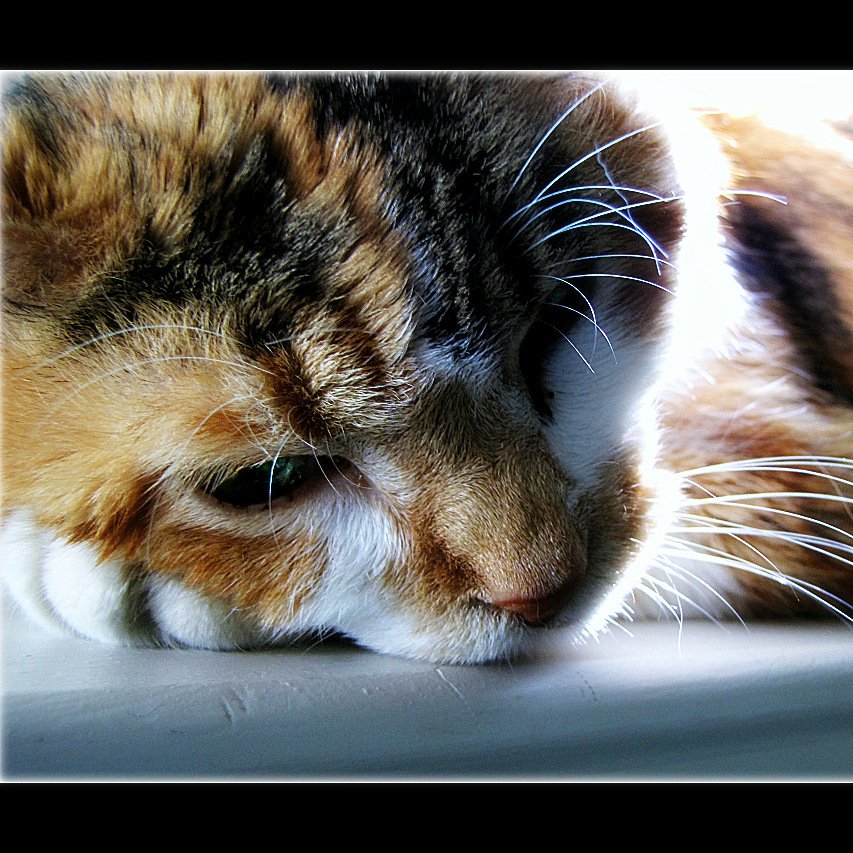
Above all, patience is key. Healing from loss takes time, and there will be good days and bad days. Some cats bounce back quickly, while others need months to regain their old spark. Stay compassionate, even when progress seems slow. Remember, grief is not a straight line. Your steady, loving presence is the best medicine your cat could ask for.
Celebrating Small Progress

Every little step forward is worth celebrating. If your cat starts playing with a toy, eating a full meal, or curling up beside you again, take notice. These moments are signs that healing is underway. Acknowledge their bravery and resilience. You might even reward them with a favorite treat or extra cuddle. Small victories, one after another, pave the way to recovery.
Looking Forward to Brighter Days
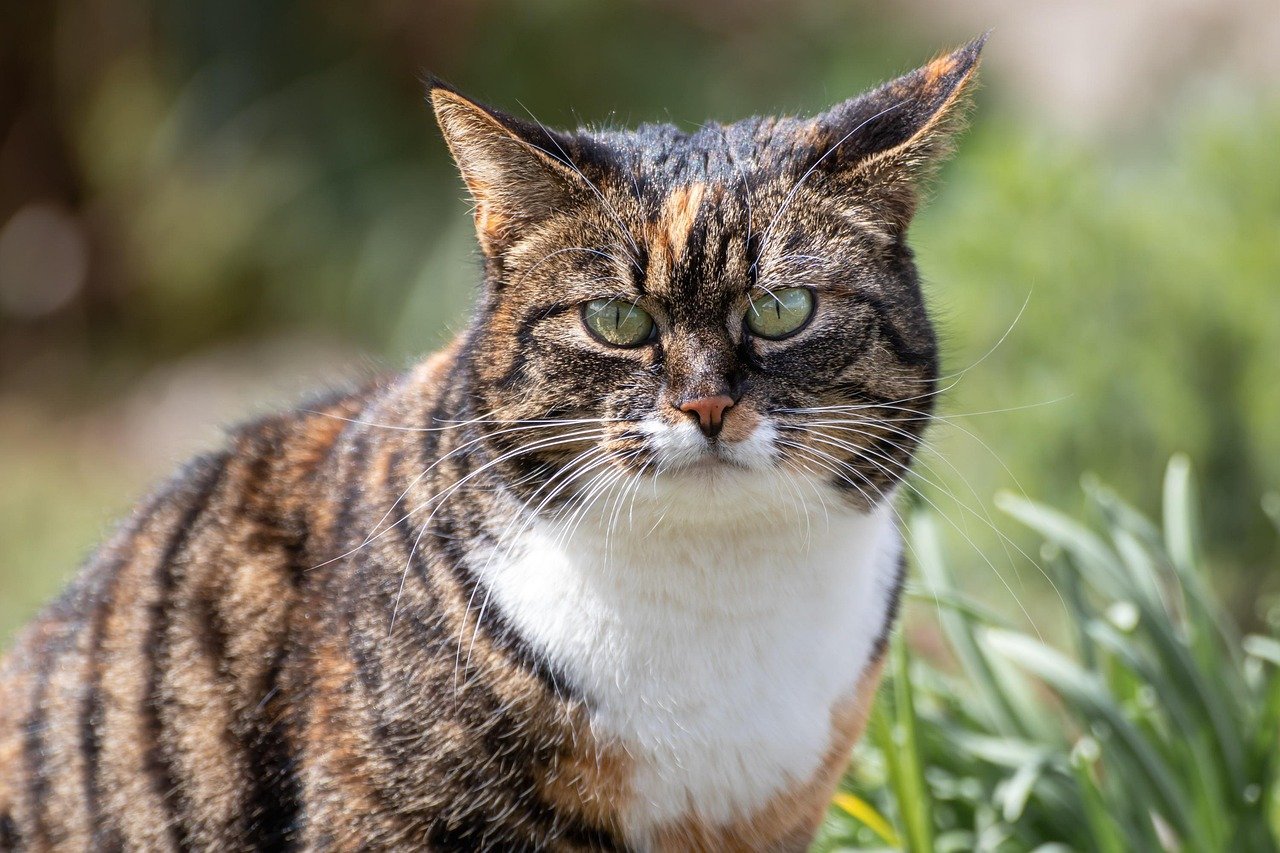
As time passes, you’ll notice your cat slowly returning to their old self. The shadows of grief begin to lift, replaced by new routines and gentle joy. Cherish the moments of happiness as they come, knowing that you’ve helped your cat find their way back. The love you share creates a bridge to brighter days, one paw step at a time.
Hi, I’m Bola, a passionate writer and creative strategist with a knack for crafting compelling content that educates, inspires, and connects. Over the years, I’ve honed my skills across various writing fields, including content creation, copywriting, online course development, and video scriptwriting.
When I’m not at my desk, you’ll find me exploring new ideas, reading books, or brainstorming creative ways to solve challenges. I believe that words have the power to transform, and I’m here to help you leverage that power for success.
Thanks for stopping by, Keep coming to this website to checkout new articles form me. You’d always love it!






